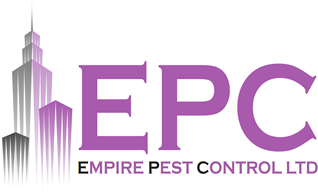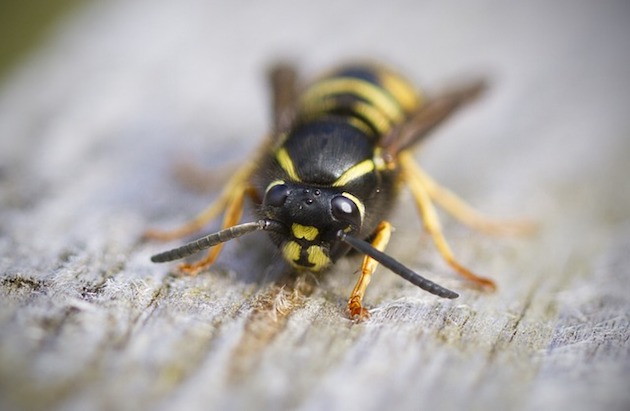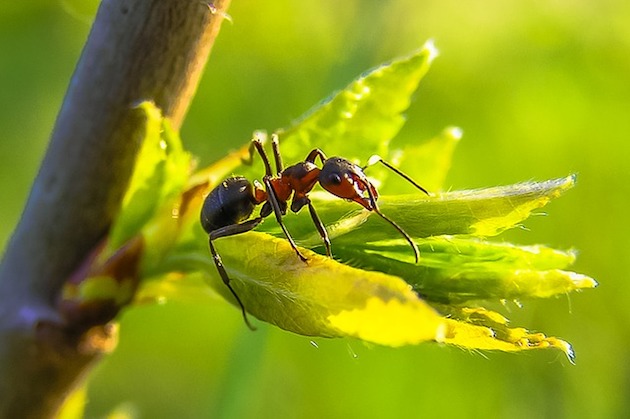Insect Problems This Year
Our idyllic summer picnics seem to have been ruined this year by an increase in insect problems. During this heatwave, insect and particularly wasp populations have soared. Not so much fun for those tacking pests on holiday either. Here are some of the worst…
Wasps
Wasps are now changing their behaviour because it’s toward the end of summer, shifting from sugars to proteins. So now they are at their all time high, and bothering us even more. There’s been so many call-outs for wasp problems this year.
It’s been a bumper year in the UK for wasp populations because of the heatwave. Usually at the beginning of the summer, wasps and other pests would move outside, but because of the heat, they appear to be staying indoors. One of the theories for them doing this is because there’s more fruit around because of the warm weather. It means the wasps didn’t need to travel as far to get their food.
At the end of the summer season, wasps tend to get a bit giddy and start to sting. But with the climate conditions, it’s been brought forward. So wasp season this year will extend, and the conditions will allow more queens to thrive.
How To Prevent Wasp Problems
1. Keep food in sealed bins with properly closing lids.
2. Search for gaps or holes around pipes and cables entering your home. These should be properly sealed. If you can fit a pencil in the gap, a pest can get in there too.
3. Be cautious when eating sweet food, like ice cream, outdoors. They attract wasps.
4. If you get stung, use an onion. Cutting it in half and placing it on the sting can help with the pain.
5. If you have a nest, call in professional wasp control.
Now we’re going to look at other insect problems that have been booming in the UK because of this incredible weather we’ve been having.
Ants
Ants swarm indoors if they find a good food source. They will travel far and wide to find that food. Once they have established a source, they leave trails to lead other ants too it. Throughout 2018, the number of ant control callouts has risen by 69% compared to last year.
How To Prevent Ant Problems
1. Clean up food and liquid spillages immediately.
2. Sweep up food crumbs from under your kitchen units and appliances.
3. Store food in airtight containers.
4. If you have a pet, clear away food that hasn’t been eaten straight away.
5. Seal entry points by sealing cracks and crevices around the home.
6. Keep compost enclosed and ensure all bins have a tightly sealed lid.
Flies
Flies are considered a pest because of the diseases they carry. They can infest your home and business, and spread dangerous illnesses. The current heatwave has also led to an increase in the UK fly population too.
How To Prevent Fly Problems
1. Don’t let flies in by keeping windows and doors closed after dark.
2. Install fly screens in the kitchen.
3. Clear away food debris and spillages immediately.
4. Ensure bins have tightly sealed lids.
5. Clean up any pet faeces in your garden.
6. Clean up dead flies, as other pests will want to eat them.
7. Eradicate any standing water.
Fleas
If you own a pet, you’ve probably encountered fleas. It’s one of the most burdensome of insect problems to practice consistent flea control. Flea bites on your pets are very uncomfortable. They are itchy, swollen and may be painful. This is why it’s important to invest in proper flea control.
How To Prevent Flea Problems
1. Vacuum regularly.
2. Wash your pet bedding.
3. Keep pets away from wildlife such as foxes and rabbits who also carry fleas.
4. Inspect your home regularly for signs of flea infestations.
Bed Bugs
Bed bugs cause huge insect problems for homeowners. They really will keep you up at night. This aggravating pests deliver itchy bites, and can be very difficult to control. If you have a bed bug infestation, you need to get rid of it as quickly as possible. Bed bugs stay close to their food source. This is why you find them around your bed. Having an infestation causes emotional stress. You can also get skin infections from their bites.
How To Prevent Bed Bug Problems
1. Wash and dry any infested clothes at the highest temperature possible.
2. Eliminate clutter in your home, so there’s no bed bug hiding places.
3. Don’t spread bed bugs by having second hand furniture, or selling your own if you’ve had a bed bug problem.
4. Keep your bedroom tidy. Pay particular attention to under the bed, around the bed and also the bed side tables.
5. Vacuuming can greatly reduce bed bug populations. This is only effective when they are visible. Vacuuming does not guarantee complete extermination. After vacuuming, empty the contents outside into a sealed bin.
6. Call a pest controller. Using DIY products will never fully eliminate a bed bug problem.







Leave a Reply